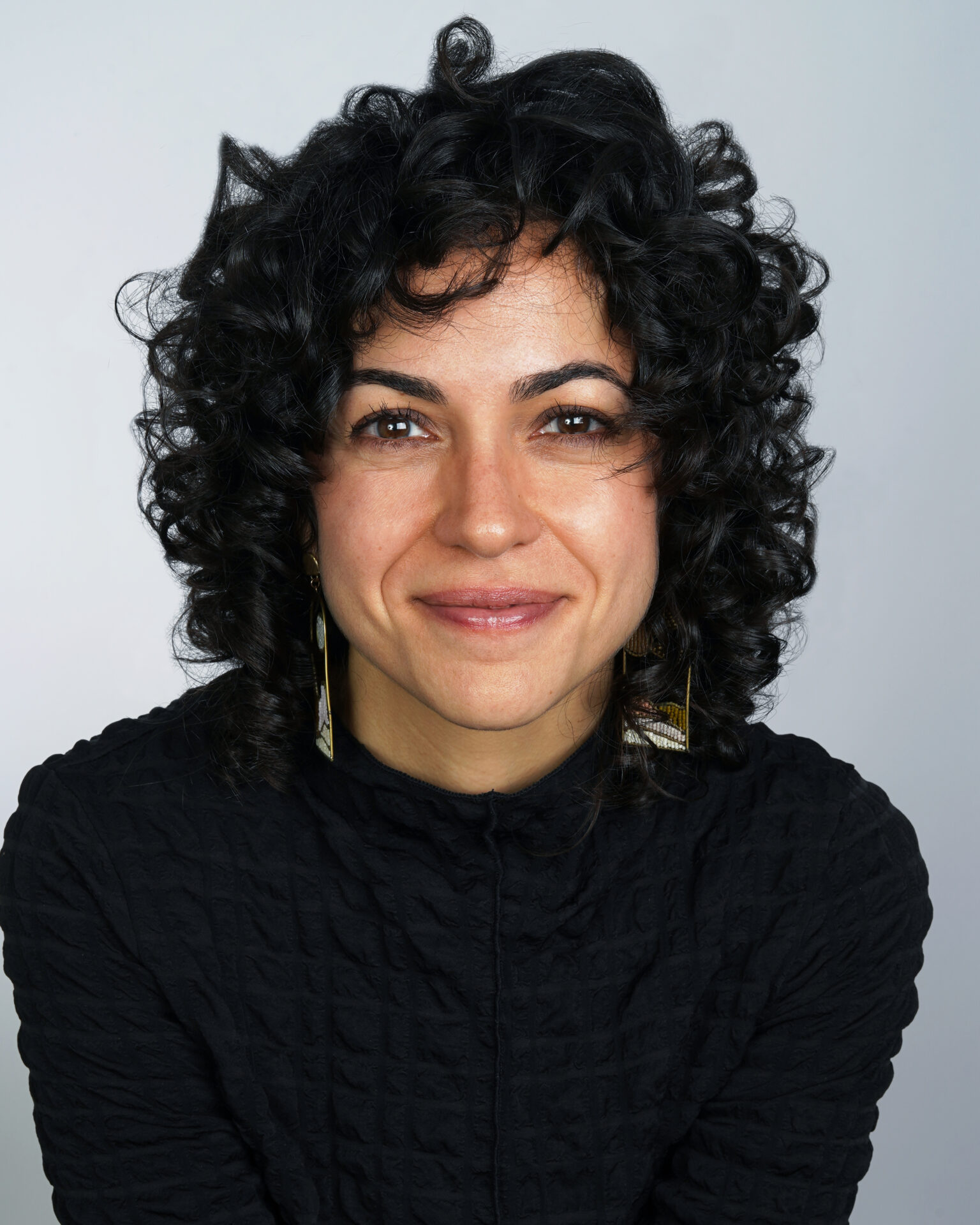About

Pardis Dabashi
Pardis Dabashi is Assistant Professor of English and Film Studies at Bryn Mawr College, where she is also Affiliated Faculty in the Middle Eastern, Central Asian, and North African Studies Program (MECANA) and the Comparative Literature Program. She teaches courses in twentieth-century literature, film studies, Middle East studies, and theory.
In the four years between graduating from Columbia and starting her doctoral studies in Boston, Dabashi lived in Paris, where she attended L’École Internationale de Théâtre Jacques Lecoq as well as L’École Philippe Gaulier. She also holds a certificate from the Lecoq School’s Laboratoire de l’étude de mouvement.
Her academic work has appeared or is forthcoming in PMLA, Modernism/modernity, Textual Practice, Early Popular Visual Culture, Film Quarterly, MFS: Modern Fiction Studies, Public Books, Politics/Letters, The Chronicle of Higher Education, Arizona Quarterly, and elsewhere. She is co-editor of The New William Faulkner Studies (Cambridge University Press, 2022), and the “Visualities” forum on Modernism/modernity Print+. She is the Program Chair of the Modernist Studies Association (2022-25) and the Executive Committee Representative for the Modern Language Association’s GS Prose Fiction Forum (2022-25).
Her first book, Losing the Plot: Film and Feeling in the Modern Novel, studies the status of plot in the modernist novel and the classical Hollywood cinema. It was released with the University of Chicago Press in November 2023.
Most recently, Dabashi is working on two new projects. One examines the aesthetic legacies of the Qajar dynasty as recollected in twentieth-century Persian literature, visual arts, and cinema. The other, entitled “Reading and Revelation: The Qur’an and the Experience of Criticism” works at the intersection of Islamic theology, Qur’anic hermeneutics, and the practice and experience of literary criticism. Building on her previous work on the nature, structure, and politics of critical argument, Dabashi argues for an understanding of the Qur’an as the scriptural unconscious of literary criticism as it has been dominantly practiced in the Euro-American academy. What might have happened, she asks, if the Qur’an had not been eschewed by key intellectual figures at key moments in literary critical history, but intsead had permeated the bedrock of literary-theoretical method in the ways that the Old and New Testaments did? It might, she argues, have changed the way we understand the work of criticism, not simply in terms of what it is, but even more so in terms of what it does to us, how we experience — or don’t experience — critical and theoretical accounts. Drawing on the unique distinction the Qur’an and other foundational Muslim texts make between belief and nonbelief, Dabashi posits a theory of critical experience as a fragile hermeneutic encounter that constitutively risks the failure to persuade.